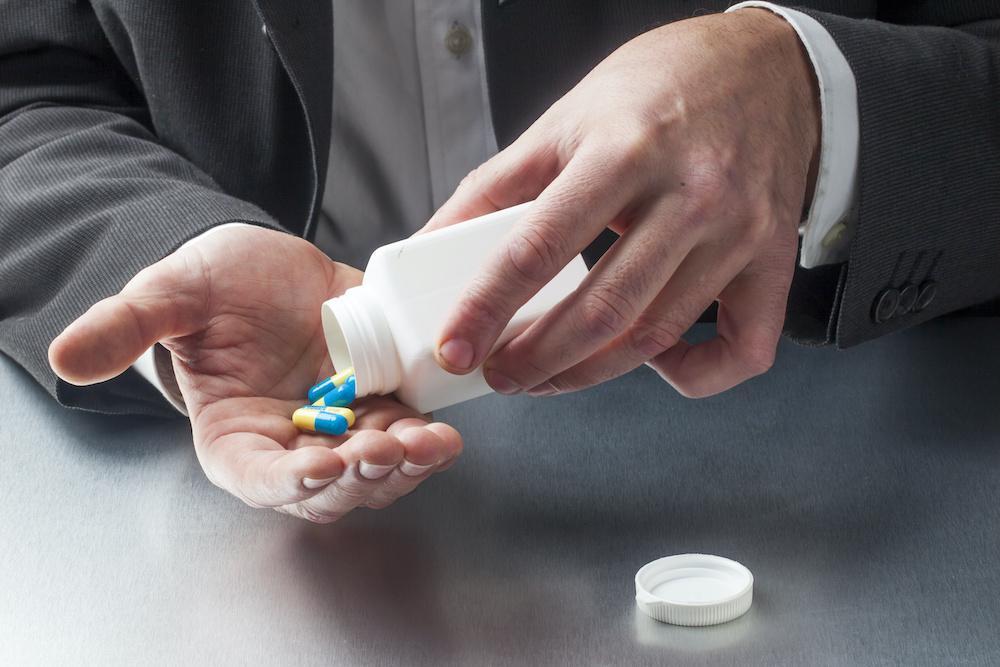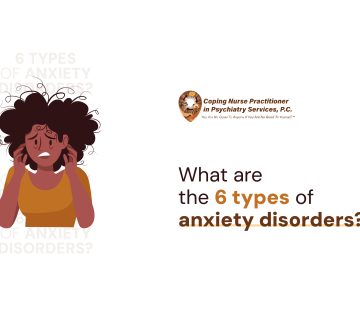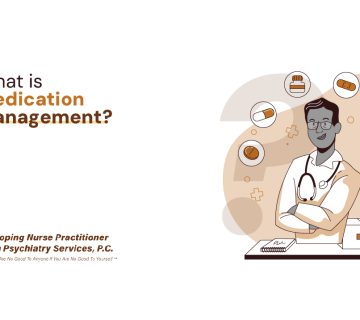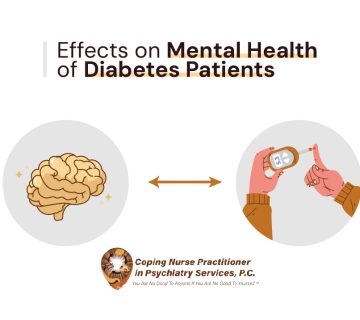Medication and mental health
The symptoms of mental health result from chemical imbalances in the brain. For example, low levels of serotonin have been linked to social anxiety disorder and obsessive-compulsive disorder.
Medications work to even out these imbalances and, in the process, reduce or eliminate symptoms.
Mental health medication is best used as part of a treatment plan, often in tandem with psychotherapy. In some cases, antidepressants may improve mood levels to help patients get better and more fruitful outcomes from therapy sessions.
Types of medication
There are five main categories of mental health medications:
- Antipsychotic medications: Promote clear thinking and help you stay grounded in reality
- Antidepressants: Reduce feelings of sadness and depressed mood; reduce suicidal ideations in some cases
- Mood stabilizers: Bring equilibrium and eliminate extreme high and low moods
- Anti-anxiety: Reduce anxiety and insomnia while promoting a more relaxed mood
- Stimulants: Improve concentration and attention span
Dr. Vansiea works with you to create a custom treatment plan that combines psychotherapy with the mental health medications that best promote healing and symptom reduction.
Medication management
Like all drugs, mental health medications come with side effects, and you should discuss any previous drug reactions you’ve had with Dr. Vansiea.
She also works with you throughout your treatment to assess the medication’s effectiveness and your overall reaction to the drug. She explains how to properly take the medication and makes sure you understand exactly how to use the medicine you’re prescribed. Dr. Vansiea reviews medications benefits and risks with you.
You should also discuss your mental health goals before starting medication, including whether you’re willing to tolerate some minor side effects in exchange for symptom reduction or elimination.
To learn more about medication management and the role medication plays in mental health treatment, book an appointment online or over the phone with Coping Nurse Practitioner in Psychiatry Services today.





No comment